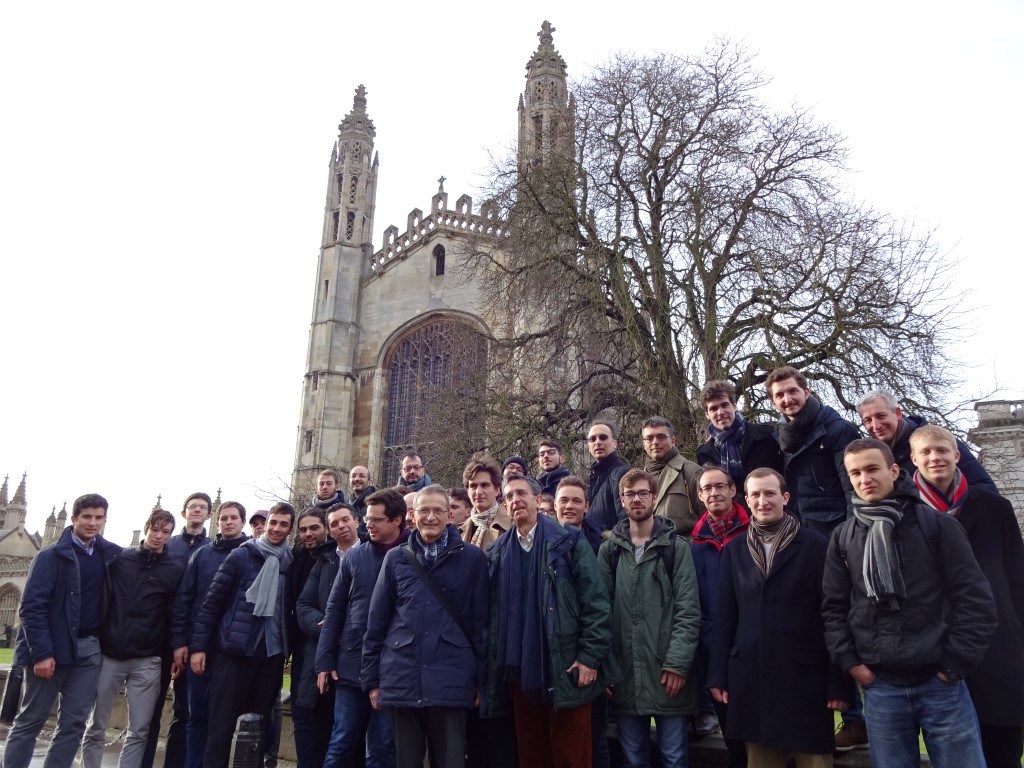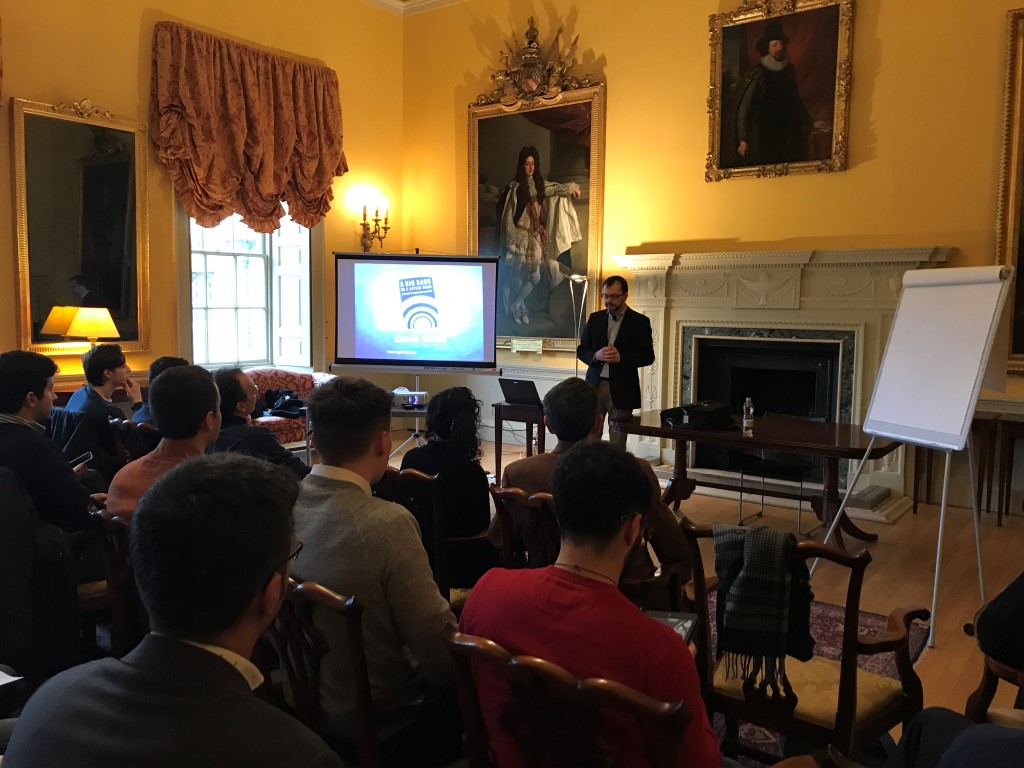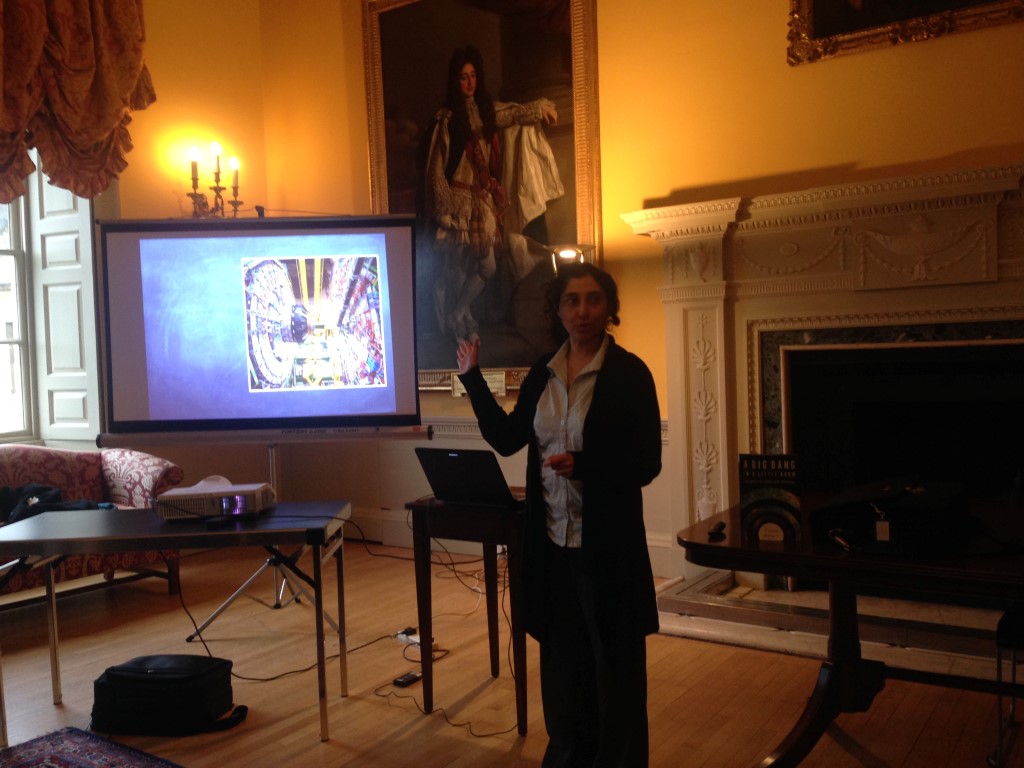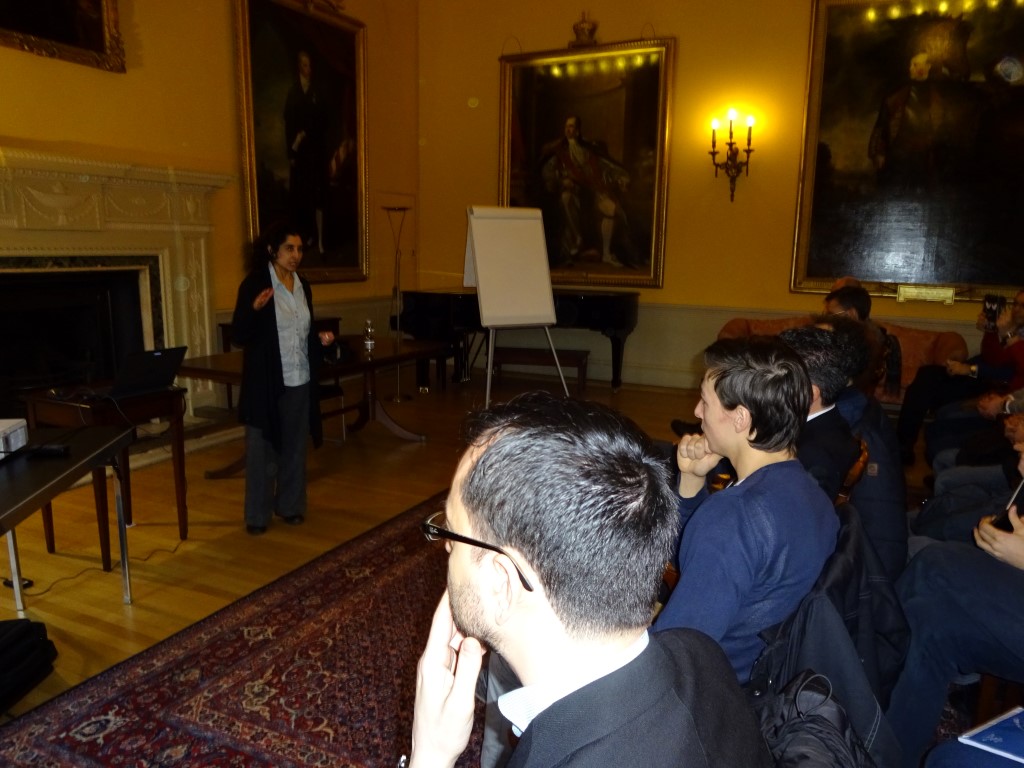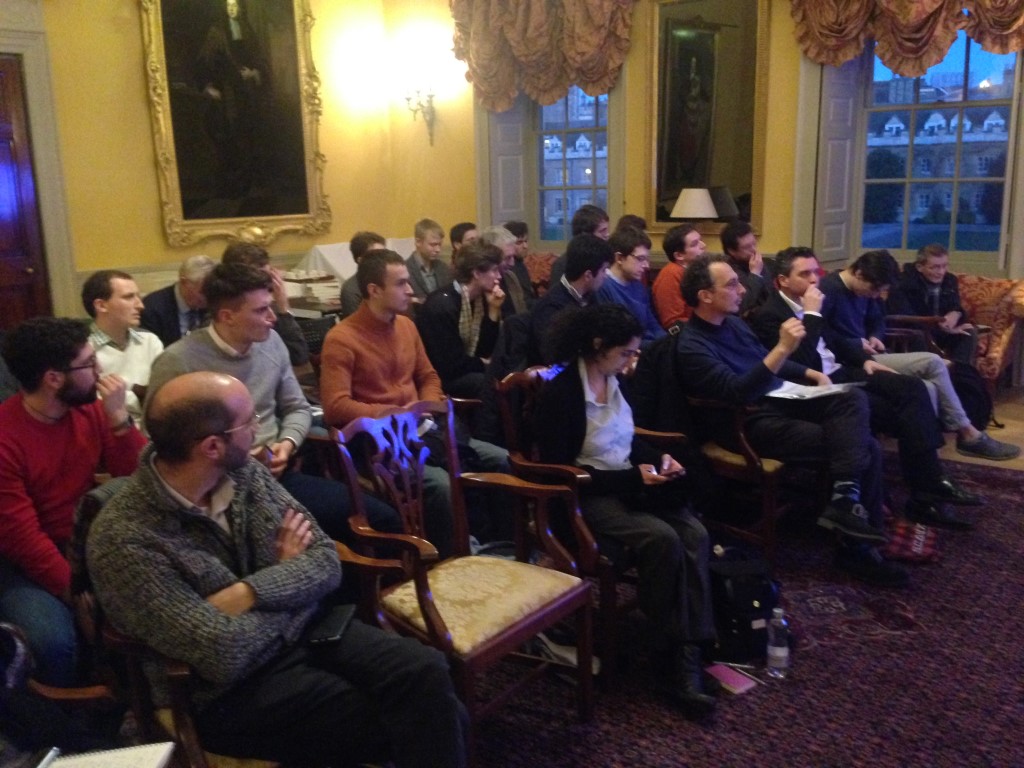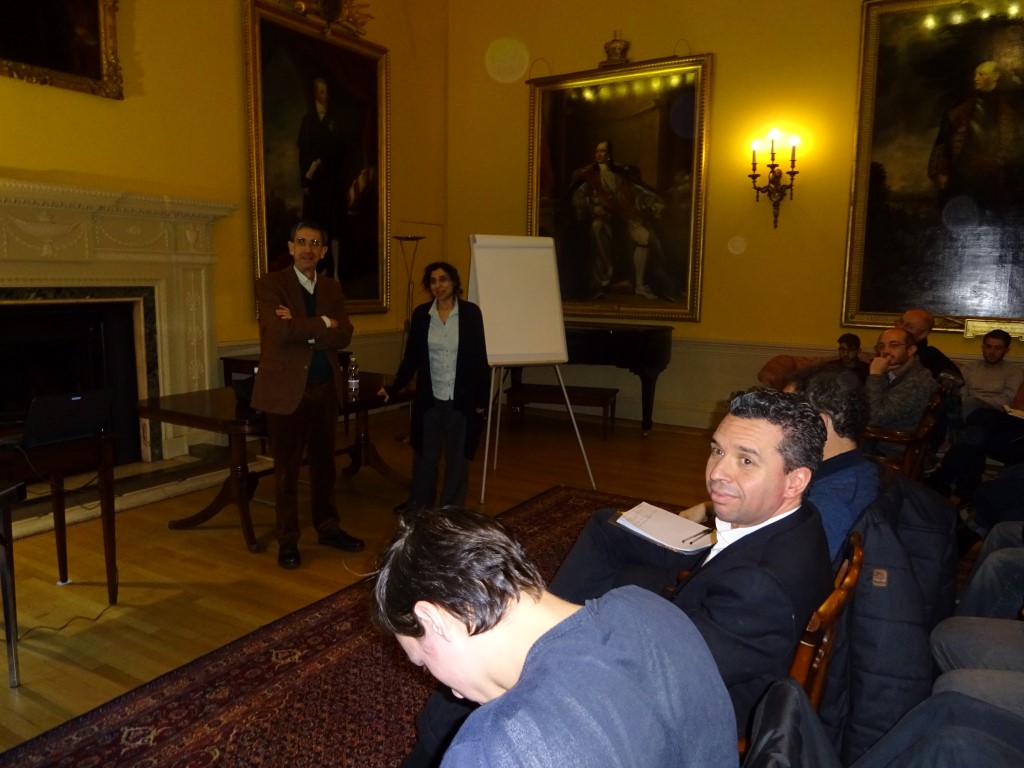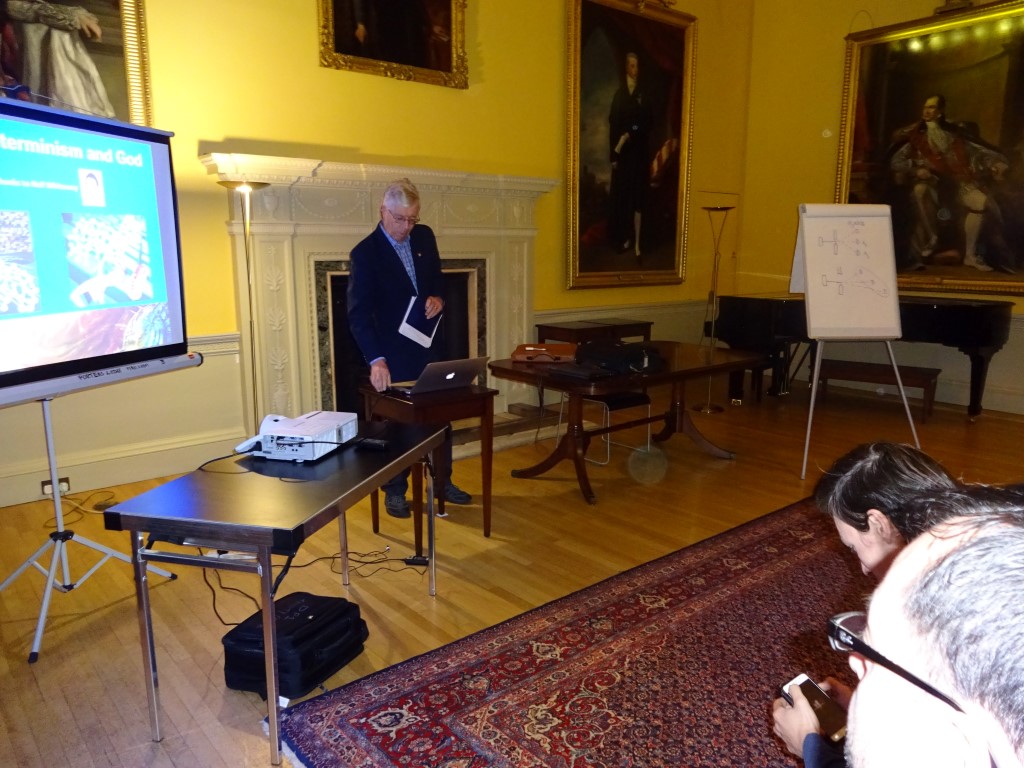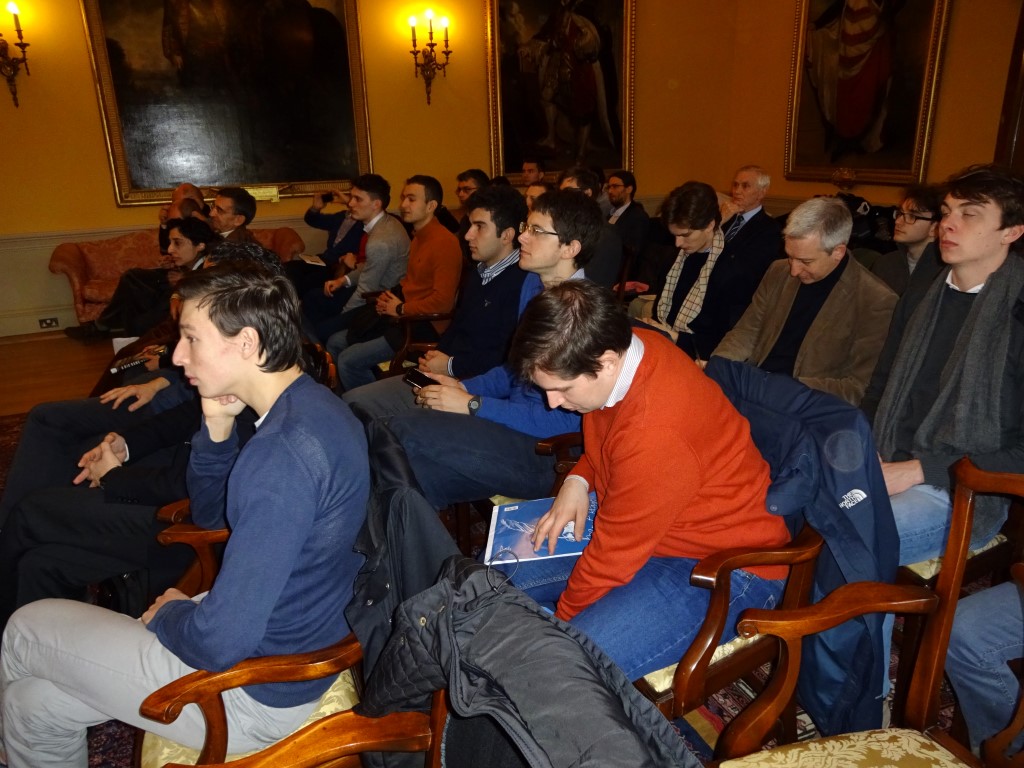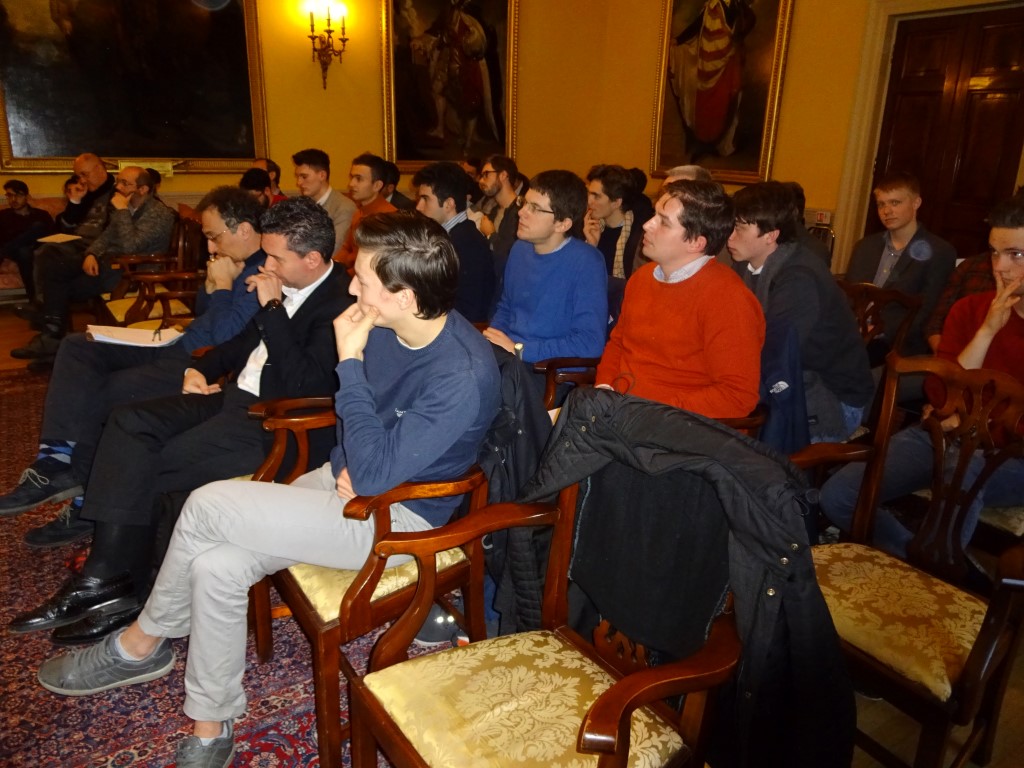20th International Interdisciplinary Seminar
January 4-6, 2018
Can science and technology shape a new humanity?
Objectives of the International Interdisciplinary Seminars
Science is giving rise to powerful technologies which will increase our capacity for constructing the world and shaping humanity. Quantum computing and Genome editing (CRISPR/Cas9) are among the technologies with the most far-reaching implications.
Quantum physics, evolutionary biology, neuroscience, and computer science have brought results which seem to be of help in overcoming a flat materialistic view of the world and of human beings. Nonetheless, the fascination with new technologies needs to be enriched with reflection about how scientific results may contribute to discussing and answering anthropological, philosophical and theological questions relevant to science and technology.
Programme of the 20th edition of the Seminar
The 20th International Interdisciplinary Seminar aims to address the tendency of reducing anthropological notions to scientific notions and technological achievements, defining humanity merely in terms of what the individual can do.
Scientific sessions:
Thursday, January 4th: Visit to Cambridge with scientific sessions
Friday, January 5th: Scientific sessions in London, 10.00-18.00 h.
Saturday, January 6th: Scientific sessions in London, 10.00-18.00 h.
Topics of the seminar:
- Experimental science relies on observation. Can there be observation without the human observer, including his or her five senses?
- Free-will and personal identity logically precede the formulation of scientific theories. Are rationality and science without free-will and consciousness even possible?
- Experiments in neuroscience are persistently referred to in popular media as demonstrating that we make our decisions unconsciously. Do these results actually achieve what is claimed, and do they exclude responsible behaviour?
- Determinism, quantum physics, many-worlds and free-will: Does quantum physics allow for the unity of randomness and control characteristic for purposeful behaviour? What can we learn from quantum contextuality?
- Arguably, the beginning of humanity cannot be established exclusively by genetic evolutionary means. What are the anthropological implications of these limitations?
- Human creativity cannot be reduced to deterministic computing. Could it however be reduced to quantum computing? And what is quantum computing after all?
- Can we define what is human without referring to moral responsibility and sense of law?
- Transhumanism: what are the possibilities and dangers of “improving” humanity?
Academic Programme
Thursday 4
Visit to Cambridge:
Guest lectures at Trinity College, Old Combination Room.
We meet at the Great Gate at 13.45.
14.00 Sebastian de Haro (University of Amsterdam and University of Cambridge):
Welcome
14.05 Zeeya Merali (Freelance Journalist and Author, Foundational Questions Institute, FQXi)
A Big Bang in a Little Room (The talk will be based on the best seller the speaker has published this year at Basic Books).
14.40 Antoine Suarez (Center for Quantum Philosophy, Zürich and Geneva):
Ernst Specker on “Future Contingents” and Jeremy Butterfield on Multiverse Proposals: Combining Two Perspectives.
15.15 Discussion
15.30 Denis Alexander (University of Cambridge):
Genes, Determinism, and God (The talk will be based on the book the speaker has just published at Cambridge University Press).
16.00 Discussion
Friday 5
10.00 Dominic Jones (Chancellor of Netherhall House):
Organizational Issues.
Antoine Suarez (Center for Quantum Philosophy, Zürich and Geneva):
Opening Note.
10.15 Stijn Kleijweg (Amsterdam University College):
HV Theories and Constraints Imposed by the Kochen-Specker (KS) Theorem.
10.45 Massimiliano Berti and Michelangelo Tirelli (SISSA, Triest):Quantum Contextuality: The Kochen-Specker (KS) Theorem
11.15 Discussion
11.30 Coffee Break
12.00 Maciej Besta (Swiss Institute of Technology, ETH Zürich):
The Relevance of Graph Processing.
12.30 Alfred Driessen (emeritus, University of Twente)
Aristotle, the Tortoise and Quantum Mechanics.
13.00 Discussion
13.15 Lunch
14.15 Gennaro Luise (Pontificia Università della Santa Croce)
Metaphysical Identity: an Introduction.
14.45 Salvatore Chiavazzo and Lorenzo Correale (University of Naples)
Determinism in Quantum Mechanics.
15.15 Sebastian De Haro (University of Amsterdam and University of Cambridge):
Physics, Metaphysics, and Emergence.
15.45 Discussion
16.00 Coffee Break
16.30 Marco Natale (IPE Business School)
Infinite Chess: Winning and Tie.
17.00 Antoine Suarez (Center for Quantum Philosophy, Zürich and Geneva):
Unifying Many-Worlds and Copenhagen in the Light of Quantum Contextuality.
17.30 Discussion
Saturday 6
10.00 Peter Adams (Thomas More Institute, London)
Quantum Algorithms.
10.30 Giuseppe Napoli, Paolo Iaccarino and Andrea Schiano Di Colella (University of Naples)
On Simulating Human Intelligence through Computers.
11.00 Dominic Jones (Imperial College London):
How is it that in Nature Processes are Sequential, yet in Science Computation are not?
11.30 Coffee Break
12.00 Mark Fox (University of Sheffield):
Experimental Attempts for Realizing Quantum Computers.
12.30 Vuko Brigljevic (CERN, Geneva, and Rudjer Boskovic Institute, Zagreb)
Elaborating on the “Observer Question” in Quantum Physics.
13.00 Discussion
13.15 Lunch
14.00 Ignacio Monge and Maurits Vissers (Fribourg, Switzerland):
What is the CRISPR/Cas9 Targeted Genome Editing System?
What is Publicly Known about the Use of this System in Humans?
14.30 Aurélien Robbe, Valentin Gabon and Ambroise Baudouin-Psaulme (Centre Culturel Garnelles, Paris):
On Transhumanism and the Human Brain.
15.00 José Carlos Caballero (Cygnus Gymnasium and Nikhef, Amsterdam):
Does the Experimentally Established Emergence of Life Imply the Death of God?
15.30 Jean-David Ponci (Institute for Interdisciplinary Studies, Geneva)
Gender Studies and Transhumanism: the Dream of a Post-Gender Society.
16.00 Discussion
16.15 Coffee Break.
16.45 Conclusive Talk.
17.15 General Discussion and Suggestions.
18.00 End of the Conference.
